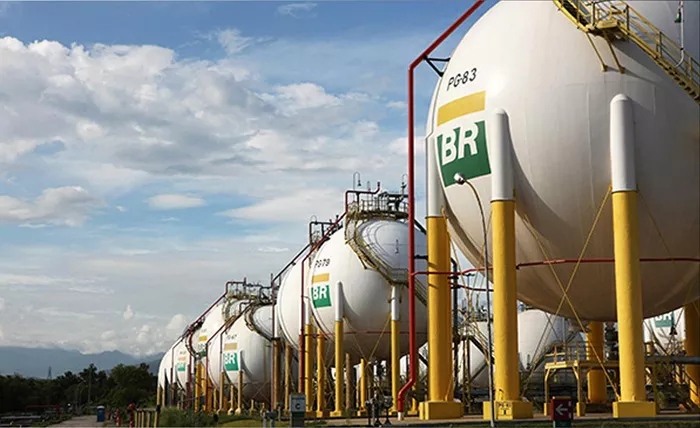Brazilian state-run oil giant Petrobras has identified Africa as its primary region for international expansion, with targeted investments in countries including Ivory Coast, Angola, Nigeria, and Namibia, CEO Magda Chambriard revealed in an exclusive interview.
“We are experts in the eastern margin of Brazil,” Chambriard stated. “The correlation between Brazil and Africa is unequivocal, so we need to go to Africa.”
The move signals a strategic pivot as the company looks to leverage its deepwater exploration expertise developed off Brazil’s Atlantic coast. The geological similarities between Brazil’s Campos and Santos basins and offshore prospects in West Africa are driving Petrobras’s interest in the region.
Earlier this year, Petrobras confirmed ongoing discussions with potential sellers such as ExxonMobil, Shell, and TotalEnergies to acquire stakes in African oil fields, aiming to bolster its reserve base. In 2023, the company added 500 million barrels to its proven oil and gas reserves, increasing the total from 10.9 billion to 11.4 billion barrels.
This week, Petrobras formally submitted a declaration of interest to acquire offshore oil assets in Ivory Coast, covering nine blocks. The declaration grants the company exclusive negotiation rights for the acreage.
“The geographic location of Ivory Coast, on the African Atlantic coast, is of great interest to Petrobras,” Chambriard said. “We have a lot of experience in this region, on this side of the Atlantic, where the Campos and Santos basins are located, and I believe that we can also achieve important results on the other side of the ocean.”
In a separate development, Petrobras signed a preliminary cooperation agreement with Angola’s national oil company Sonangol. The partnership will focus on offshore exploration, subsea engineering, and advancing sustainable oil and gas production technologies.
Domestically, Petrobras reported nearly flat crude oil production for the first quarter of 2025, averaging 2.77 million barrels per day—a 0.2% decline year-over-year. However, this represented a 5.4% increase from the previous quarter. Crude oil output alone dropped by 1% to 2.21 million barrels per day, a decrease the company attributed to natural reservoir depletion at certain fields.


